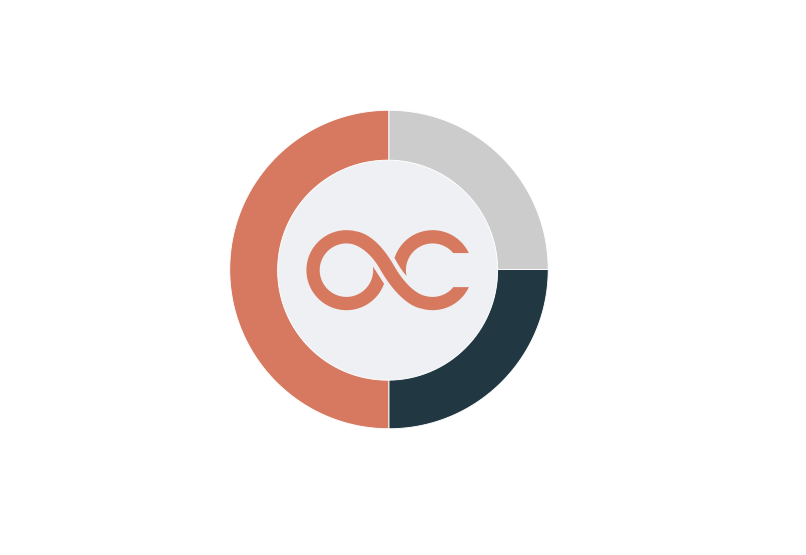In the early days, like many successful technologists, budding Bitcoin entrepreneurs experienced more failures. Few people had heard of cryptocurrencies and exchanges had more security vulnerabilities. So when Nikola Alexandrov and Hristo Tenchev had to shut down their bitcoin exchange Bitcoin7 four months after its founding in June 2011 after its wallet was hacked, they commensurated with Steve Jobs killing off the Apple Lisa Macintosh desktop computer after huge losses. Like the Lisa, the Blockchain technology running Bitcoin exchanges would be a market disrupter, although first a few original concepts would have to fail.
Since this expensive but valuable lesson in Blockchain security, Tenchev has helped educate 100,000 software developers at the software university he co-founded in Sofia, Bulgaria, SoftUni.
Here, the game enthusiast encourages students to acquire software programming skills in the basics and, of course, gaming software and the Blockchain. So when Bitcoin7 partner Alexandrov approached Tenchev with a new Blockchain venture, a hotel booking platform, Tenchev had upped his game in Blockchain security and applications.
Taking on the Middleman Economy
LockChain plans to slash hotel costs through the LockChain.co Marketplace, an online booking agent where the average traveler can save up to 25 percent on hotel costs. Hotel booking middlemen — Booking.com, Expedia, Trivago and AirBNB fight for the top market share — have continuously gained market power since travel booking moved to the e-commerce model in the early 2000s. These intermediaries can add 10–25 percent in commissions to your hotel bill.
So how is hotel booking through the LockChain marketplace different? Transactions on the marketplace are executed by the LOC Ledger, a decentralized open source booking ledger built on the Ethereum Blockchain. Whether your are a Trivago customer seeking to eliminate hotel booking fees, a property management company marketing a large property rental portfolio, or an individual with an apartment to rent out peer-to-peer, the open source LOC Ledger can facilitate your transaction.
The ledger stores the listings and their payment conditions and rules through trustless smart contracts. Let’s say you are planning a week’s vacation to Paris and want to check into the uber-chic new MOB hotel designed by Philippe Starck. A terraced room at 129 euros a night at the “affordable accommodation” hotel in the flea district will cost you 903 euros to book directly with the hotel over the LockChain Marketplace. Your potential savings is 225.75 euros, the 25 percent additional commission on a hotel aggregator website.
The system will automatically convert your currency to LOC tokens when you place your hotel booking. Your payment in LOC tokens will be sent to the smart contract when you book the hotel. The Blockchain would store the smart contract on the established Ethereum network (making copies across the whole network), limiting rising hotel booking fraud. If a hotel wanted to add hidden fees to your bill, such as an unadvertised 50 Euro cleaning fee, the smart contract would make that impossible because it would be pre-programmed with all the terms of your stay. The Ethereum Blockchain is optimized to host such decentralised e-commerce applications by providing more robust and theoretically unlimited computational abilities which can integrate hyper secure security protocols and applications.
The LOC Token
An important difference between the LOC token and bitcoin is the LOC is a utility token used to buy and sell accommodations on the LOC marketplace and its underlying value is connected with the adoption and the development of the booking service itself.
In addition to savings of 20 percent on hotel bills, the LOC Ledger can reduce currency exchange fees. A smart exchange algorithm will eliminate the price volatility of the LOC for hotel owners that would require this. Traveler’s can pay for their accommodations in fiat currencies or cryptocurrencies with credit cards, PayPal and various other payment methods. If, for example, you pay for your hotel booking in London in US dollars, the price spot booking mechanism will buy LOC in exchange of the US dollars, and at the same time will sell LOC in exchange for US dollars to another person from the market. This way the delivery of the US dollars to the hotel will be guaranteed for the specific booking with the only cost being the tiny spread between the two orders.
The currency exchange feature is an example of the value added applications that can be added by the LockChain Marketplace, or hotels, property portfolios and others who can directly connect their systems to the open source LOC Ledger, and provide their own value added services.
How to Participate in the LOC ICO
The pre-sale of the LOC digital token will take place on October 3rd at a discounted price. The main sale will take place on October 29th. However, if the pre-sale hits its hard cap of 50 million LOC before then, the main sale will start early. LOC in circulation will be limited to 155 million. So although LOC is a utility token, the laws of supply and demand dictate that as more people use LOC tokens for hotel bookings, the value should rise.
Disclosure: This is a Sponsored Article

